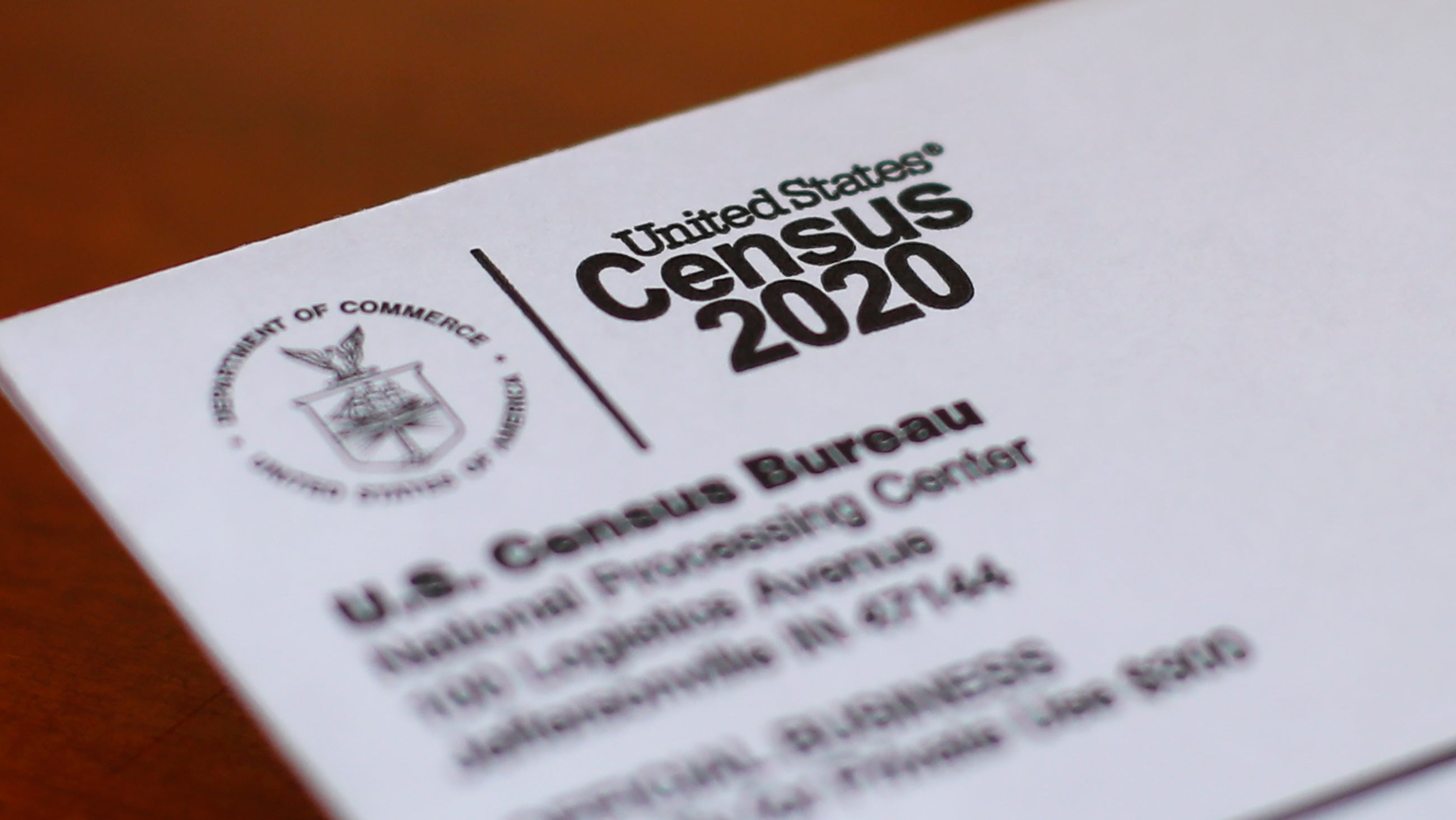US census takers to conduct test runs in the South and West 4 years before 2030 count
Six places in the South and West will host practice runs for the next U.S. head count in 2030

Your support helps us to tell the story
From reproductive rights to climate change to Big Tech, The Independent is on the ground when the story is developing. Whether it's investigating the financials of Elon Musk's pro-Trump PAC or producing our latest documentary, 'The A Word', which shines a light on the American women fighting for reproductive rights, we know how important it is to parse out the facts from the messaging.
At such a critical moment in US history, we need reporters on the ground. Your donation allows us to keep sending journalists to speak to both sides of the story.
The Independent is trusted by Americans across the entire political spectrum. And unlike many other quality news outlets, we choose not to lock Americans out of our reporting and analysis with paywalls. We believe quality journalism should be available to everyone, paid for by those who can afford it.
Your support makes all the difference.Six places in the South and West will host practice runs four years prior to the 2030 U.S. census, a nationwide head count that helps determine political power and the distribution of federal funds.
Residents of western Texas; tribal lands in Arizona; Colorado Springs, Colorado; western North Carolina; Spartanburg, South Carolina; and Huntsville, Alabama, will be encouraged to fill out practice census questionnaires starting in the spring of 2026, U.S. Census Bureau officials said Monday.
The officials said they are unsure at this point how many people live in the areas that have been tapped for the test runs.
The statistical agency hopes the practice counts will help it learn how to better tally populations that were undercounted in the 2020 census; improve methods that will be utilized in 2030; test its messaging, and appraise its ability to process data as it is being gathered, Census Bureau officials said.
“Our focus on hard-to-count and historically undercounted populations was a driver in the site selection,” said Tasha Boone, assistant director of decennial census programs at the Census Bureau.
At the same time, the Census Bureau will send out practice census questionnaires across the U.S. to examine self-response rates among different regions of the country.
The six test sites were picked for a variety of reasons, including a desire to include rural areas where some residents don't receive mail or have little or no internet service; tribal areas; dorms, care facilities or military barracks; fast-growing locations with new construction; and places with varying unemployment rates.
Ahead of the last census in 2020, the only start-to-finish test of the head count was held in Providence, Rhode Island, in 2018. Plans for other tests were canceled because of a lack of funding from Congress.
The Black population in the 2020 census had a net undercount of 3.3%, while it was almost 5% for Hispanics and 5.6% for American Indians and Native Alaskans living on reservations. The non-Hispanic white population had a net overcount of 1.6%, and Asians had a net overcount of 2.6%, according to the 2020 census results.
The once-a-decade head count determines how many congressional seats and Electoral College votes each state gets. It also guides the distribution of $2.8 trillion in annual federal spending.
___
Follow Mike Schneider on the social platform X: @MikeSchneiderAP.
Subscribe to Independent Premium to bookmark this article
Want to bookmark your favourite articles and stories to read or reference later? Start your Independent Premium subscription today.